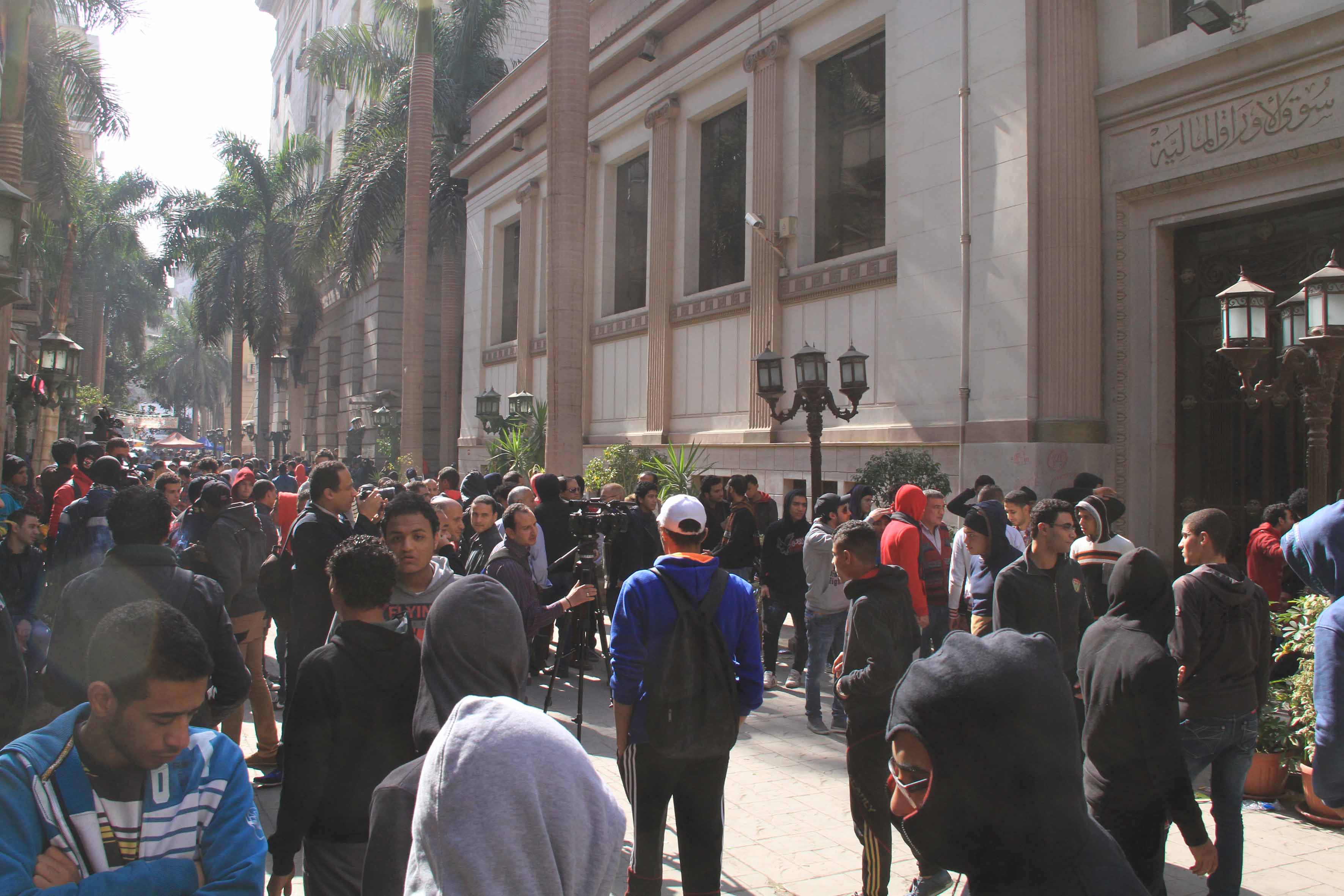Minister of Planning and Economic Development Hala El-Said and Minister of Environment Yasmine Fouad have witnessed the signing of a cooperation protocol to study solid waste management in Egypt.
The protocol was signed between the Central Agency for Public Mobilization and Statistics (CAPMAS), which falls under the Ministry of Planning and Economic Development, and the Ministry of Environment’s Waste Management Regulatory Agency. Also present at the protocol’s signing was Head of CAPMAS Khairat Barakat.
El-Said said that the goals of the National Agenda for Sustainable Development, Egypt’s Vision 2030, focus on three main dimensions, namely economic, social, and environmental.
The minister added that, as all of these dimensions intersect with each other, it is not possible to achieve economic and social goals without taking into account the environmental dimension. This comes in the context of preserving the rights of future generations in Egypt.
She also said that the protocol aims to collect a large set of data on the environmental sector, and that the data is the basis on which all different development policies will be set.
This ensures that any policy for solid waste management will depend heavily on CAPMAS’ important role in collecting various data on the environment sector, whether on the part of the government or the private sector.
El-Said said that President Abdel Fattah Al-Sisi has adopted the law on waste regulation and management, with the Ministry of Environment leading this great effort in managing the solid waste system.
For her part, Fouad confirmed that this study aims to update the data on the municipal solid waste system that was approved by the Egyptian president in 2019. This will cover three programmes: infrastructure, employment contracts, and institutional support and community participation.
It will study the conditions, problems, and challenges of managing existing waste in preparation for developing the plan to meet the challenges, and take appropriate decisions to improve the climate that serves the work environment.
The Minister of Environment added that the study will examine the conditions of workers in the system, whether at the official and informal levels. This will cover both the private sector and civil society, and will help lay the foundations for dealing with the waste system during the coming period. It is especially important to do so after the issuance of the first law for waste management of all types in Egypt.
Fouad said that this step comes within the efforts of the Ministry’s Waste Management Regulatory Authority to organise, follow-up, monitor, evaluate, and develop integrated waste management activities.
The authority is also looking to attract and encourage investments in this field in pursuit of sustainable development. It is also undertaking significant efforts to transform the waste system’s informal sector into a formal sector, by integrating it into a system to help on effectiveness and sustainability.




